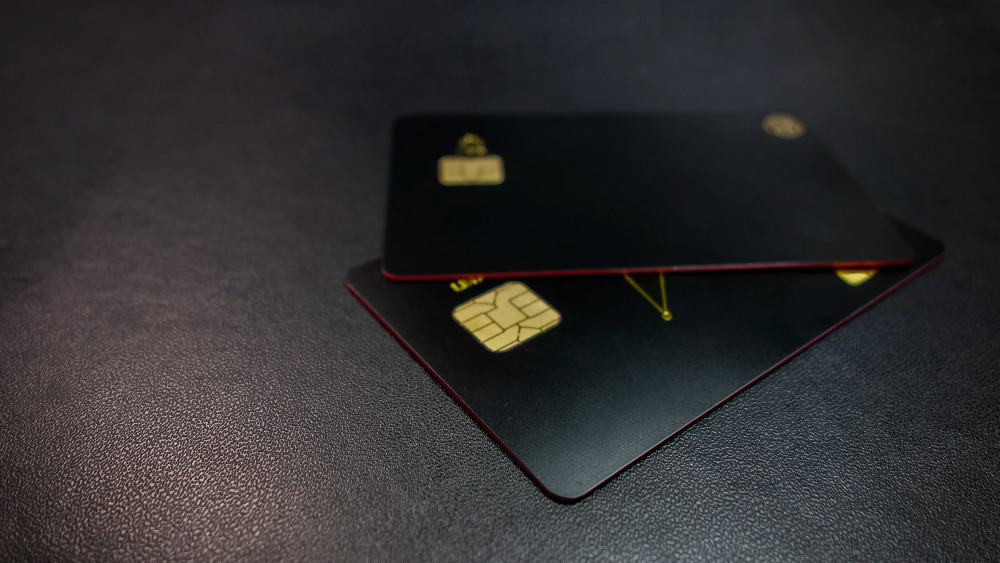Let’s be real: rewards programs on credit cards aren’t always the easiest to understand. While it’s usually pretty simple to remember how much you’re earning (1.5 points for every $1, for instance), it can be downright frustrating to understand how to get the most value for those points.
That misunderstanding leads many rewards credit card holders to make a silly mistake: redeeming points or miles for cash back.
Why redeeming points for cash back is a huge mistake
Unless your credit card is strictly a cash-back card, redeeming rewards for cash or a statement credit is generally a huge waste of money.
Here’s why: most rewards credit cards devalue your points or miles when you choose to redeem them for cash. That includes statement credits, cheques, gift cards, and cash deposits. It may be the easiest and most convenient redemption option, but trust me — it’s not the most lucrative.
Let’s look at an example of why this is the case.
A popular travel credit card offers you 60,000 miles as a sign-up bonus. That’s pretty good, especially since this card will give you a 1:1 ratio if you redeem your miles for travel purchases. That is, for every one mile, you’ll get $0.01 toward a flight or hotel.
Now, let’s say you spend more than you were expecting in Christmas shopping. You have a credit card balance, and you want to use your 60,000 miles to credit your account. Your credit card provider will give you $0.007 cash back for every mile, which is standard for rewards cards. So, for 60,000 miles, you’ll get $420 back.
You may be happy with an extra $420. After all, that’s $420 more than you had before. But here’s the problem: if you had redeemed those same miles for travel purchases, your miles would have been worth $600, not $420. By redeeming for cash back, you instantly lose $180.
Travel cards aren’t the only rewards cards that devalue for cash-back redemptions. Retailer cards often give you more value for purchases made in retail stores as well, and hotel cards will likewise give you more value for (you guessed it) hotel purchases.
Should you ever choose cash back?
Only in certain rare circumstances should you choose cash back over more lucrative redemption offers.
The first is expiration. If your rewards points are expiring (not all do), and you need to use them pronto, then it might be more advantageous to credit your account than redeem them. For example, your miles may expire at the end of the month, but you don’t have any desire or need to travel. In this case, you may be better off taking the cash.
Secondly, if you anticipate carrying a balance on your rewards credit card, you may want to use your points or miles to lower the balance that you owe. That’s because you’ll start accruing interest on your unpaid charges, which can cause you to lose more money than your rewards are worth. Sometimes credit card providers will actually confiscate your rewards if you miss a payment. If you expect to miss an entire payment, go ahead and redeem your rewards for a statement credit.
Bottom line
Not every rewards card devalues your points for cash-back redemptions. But, most of the time, you’ll get far more value if you redeem them for your credit card’s “sweet spot,” that is, whatever your rewards card is built for. If that’s travel, redeem them for travel. If that’s retail, redeem them for retail purchases.
If you really want cash back, consider getting a cash-back credit card. Unlike rewards cards, cash-back cards are literally built for cash-back redemptions. You’ll get more back for your everyday purchases, and you don’t have to worry about complicated rewards programs.



